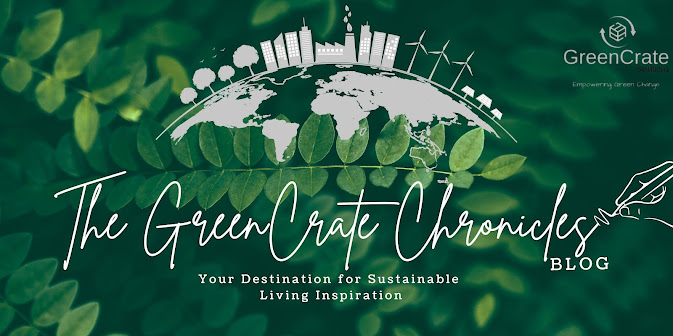Earth Spinning Faster? A Curious and Concerning Intersection of Time and Climate

Earth Spinning Faster? A Curious and Concerning Intersection of Time and Climate Is Earth genuinely spinning faster or is this simply scientific noise? What are the consequences if it is and could climate change be the hidden lever? These are the questions nagging at researchers and technologists alike—and they weave together physics, environmental science and humanity’s high-precision digital infrastructure. For millennia, Earth’s rotation has been gradually slowing—thanks largely to tidal friction from the Moon, adding roughly 2 ms to the day each century . explorersweb.com But ironically, since around 2020 , a subtle reversal has emerged. Short-term measurements reveal that several consecutive days have been slightly shorter than the standard 86,400 seconds , indicating a modest yet measurable spin-up. sciencefocus.com The shortest day on record occurred on July 5, 2024 , when Earth completed its rotation 1.66 milliseconds ahead of schedule . livescience.com...

%20(1)-min.png)

